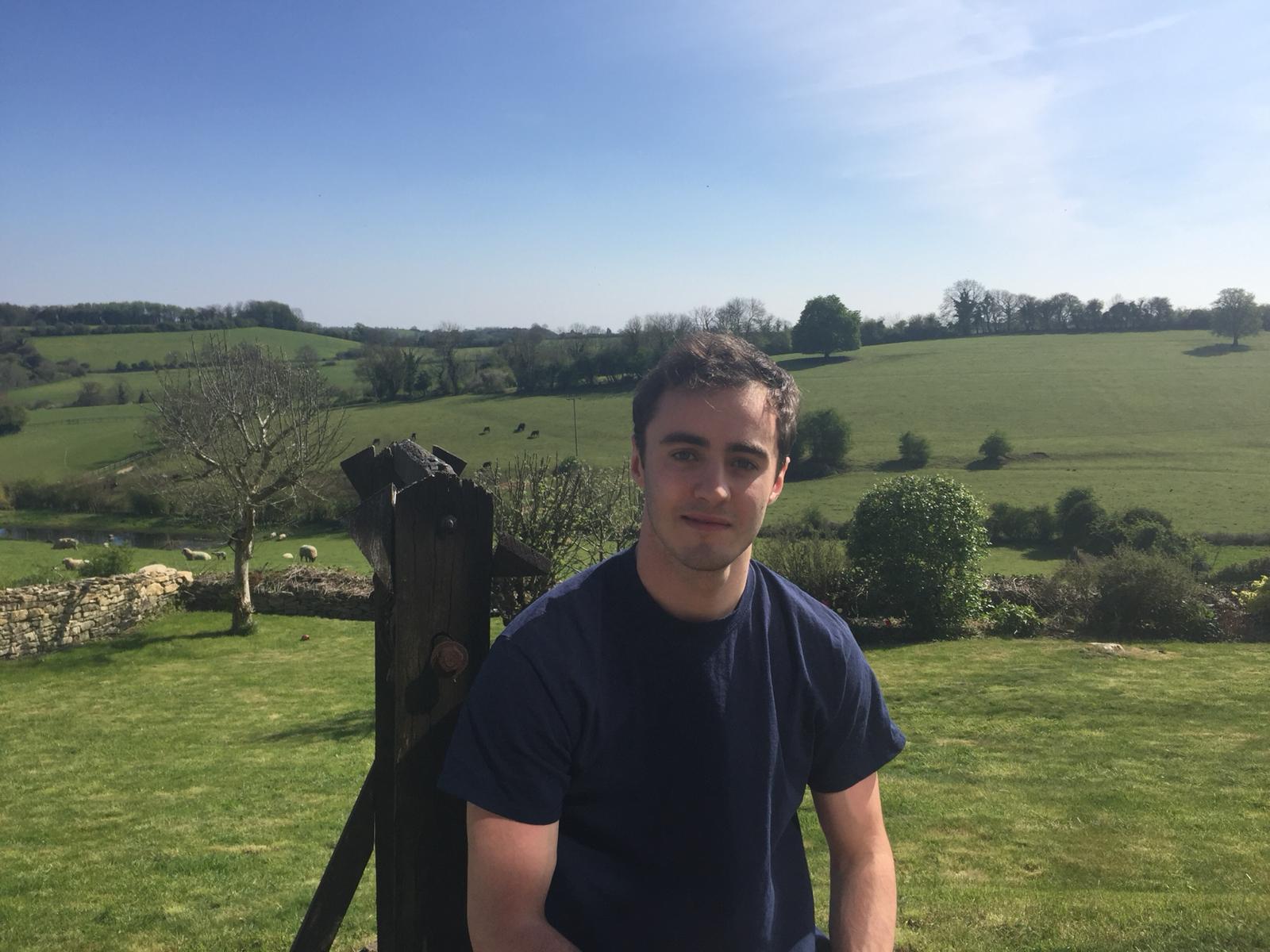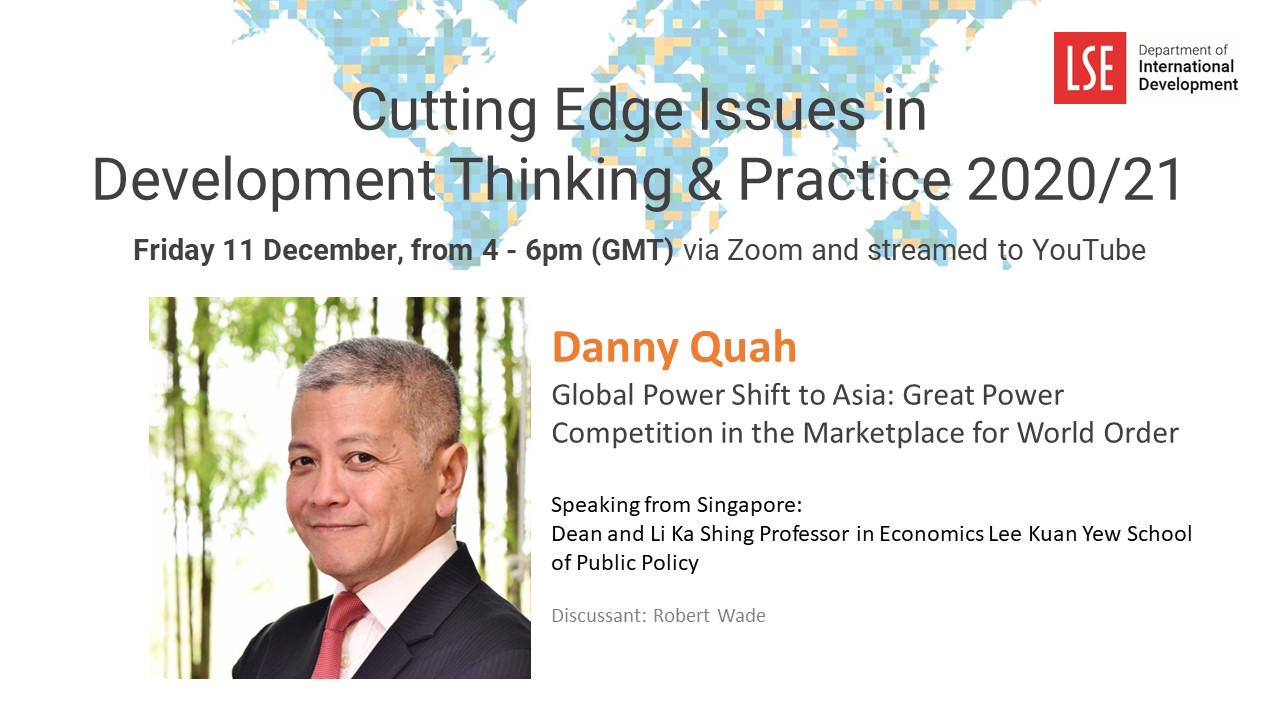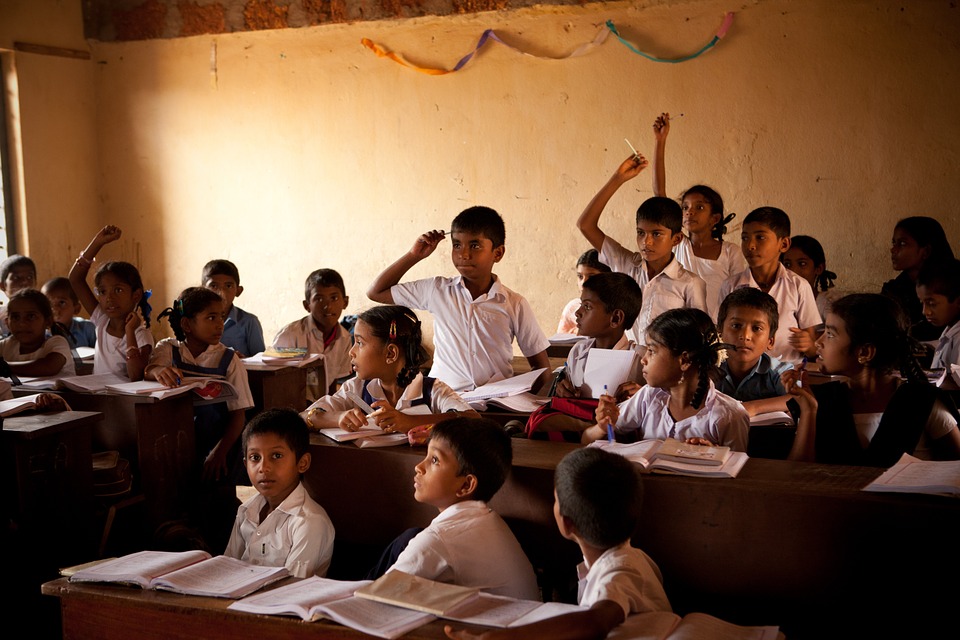For this week’s ID Weekly Spotlight, Student Media Ambassador Salena Wang talked to MSc Development Studies student, Kealan Finnegan. Read about their chat here.

Tell me a bit about yourself and your background.
I was born in Bath and have lived there my whole life up until finishing A-levels, in contrast to many people here at LSE who have moved around a lot. I went to Trinity College in Dublin for four years where I studied BA Geography, partly because of a desire to live in Ireland from a young age as both of my parents are from there and most of my family are still there, but mainly for the global reputation Trinity has and to live in a busy city like Dublin.
During my undergraduate studies, it was always human geography that I was interested in; it is like a mixture of sociology, history and economics on the surface. So, there is some crossover with what we study now in International Development. I went to Stockholm University in my third year as part of the Erasmus programme, which was really cool. Scandinavia is famous for being very progressive and highly developed, and the university offered a truly international environment, with most of my classes made up of other international students. The education system was very different too, with much more focus on assignments and group work than exams.
Why did you decide to study development?
Studying MSc Development Studies became a real interest in my last two years of university as some modules that I did were broadly related to development such as Environmental Governance and Globalisation and African Development. They are quite similar in the sense that you discuss what the main theories and their main proponents are, and we also examined case studies, as well as tried to be critical and original in thought. I also followed the news and issues that were going on in international relations and politics. I always thought it was very interesting to get into development as it’s related to real-world issues that are going on around us, and we can actually have a positive impact on people’s lives, which I would find exciting to do as a career.
Last summer I worked for a company based in London that works on anti-corruption and governance around the world. Their work is often on behalf of the UK government as well as some private companies, and they’ve run programmes in Latin America, Eastern Europe and further afield. When I was there, they were working on and conducted some projects on improving public procurement in Tajikistan and Kyrgyzstan, and Central Asia for example.
How has studying at LSE shaped your thoughts?
Studying at LSE has definitely taught me a lot, not only in theory and insight into issues from leading professors but also in how to think critically. Recently, I ran the Bath Half Marathon for a charity called African Initiatives for instance. It’s a charity that works on human rights, education and empowerment for girls and women in Tanzania. I didn’t give too much thought about it when I entered last year but after having done DV400 lectures where we have discussed development aid and its pros and cons, it made me think more critically about issues such as these; for instance, what is being done, who is implementing what, what could some of the indirect impacts be.
I asked Kealan how he feels as someone who has grown up in a developed country, since some would argue that this can have its drawbacks when working in development.
I am mindful of the fact that I’ve not lived in a developing country never mind experienced destitute poverty. I’ve travelled to Southeast Asia, and I saw what’s going on there, but I didn’t see anything like the conflicts and poverty problems going on in some of those regions and elsewhere. But I don’t think it’s enough of a reason for me to feel “oh well someone who knows better should do it”. I believe there is room for everyone; I appreciate there can be complications but we are all working towards the same goal.
And on the future…
For now, I’d still like to stay in London to get some more experience through working. I am quite open-minded about what specifically, but I am confident that I’d be very happy to work in development for my whole career. Later I would like to work abroad for some time. For some reason, I have a bit more affinity towards Africa as a place I’d like to live and work in the future. I am also taking the module African Development at LSE – it nicely grounds some of the theories and thinking in actual examples. So I would definitely like to live somewhere in Africa in the future to get a better picture of the development issues, and even at the personal level, I would just like to live in and experience those countries.
The views expressed in this post are those of the author and in no way reflect those of the International Development LSE blog or the London School of Economics and Political Science.





